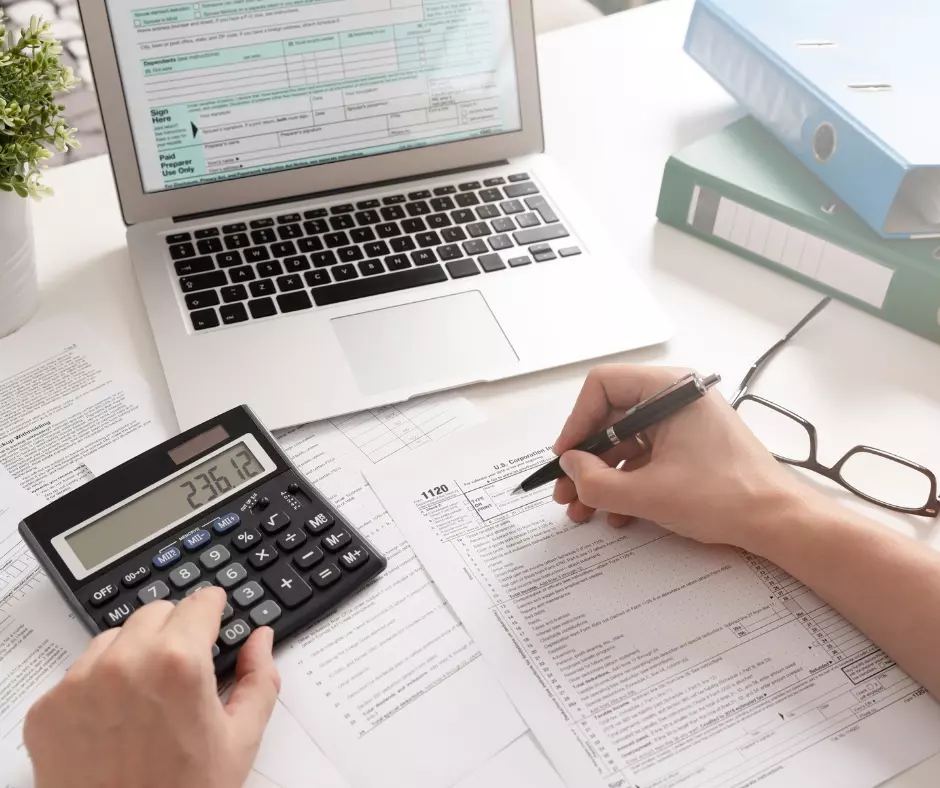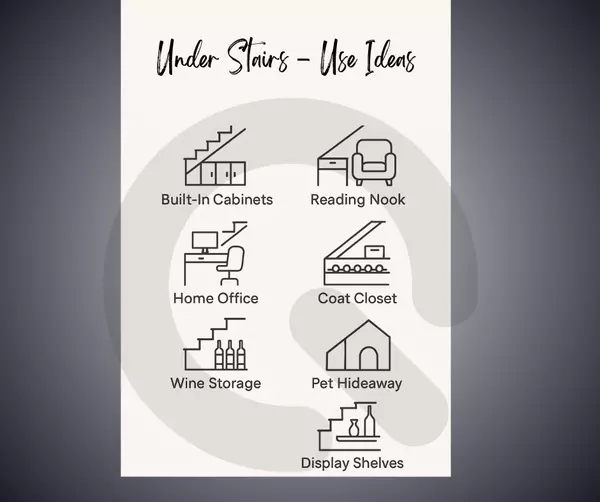Understanding Potential Tax Implications When Selling Your Home

Understanding Potential Tax Implications When Selling Your Home
Selling your home is a major financial event that can have significant tax implications. Understanding these potential consequences can help you make informed decisions and avoid unexpected surprises. In this post, we will explore some of the various tax considerations associated with selling your home, including capital gains tax, exemptions, and strategies for minimizing your tax liability. Remember though, seek detailed advice from your tax advisor for your specific needs and circumstances.
Key Tax Implications When Selling Your Home
Capital Gains Tax
What it is: Capital gains tax is the tax you pay on the profit from the sale of an asset, such as real estate. The gain is calculated as the difference between the sale price and your adjusted basis (purchase price plus improvements).
How it affects you: If you sell your home for more than you paid for it, the profit may be subject to capital gains tax. The rate and amount you owe depend on how long you've owned the property and your income level.
Primary Residence Exclusion
What it is: The IRS allows homeowners to exclude up to $250,000 of capital gains ($500,000 for married couples filing jointly) from the sale of their primary residence, provided they meet certain criteria.
Eligibility Requirements: To qualify for the exclusion, you must have lived in the home as your primary residence for at least two out of the last five years before the sale.
Adjusted Basis:
What it is: Your adjusted basis is the original purchase price of the home plus any improvements you've made, minus any depreciation claimed for tax purposes.
How it Affects Your Taxes: Calculating your adjusted basis accurately is crucial for determining the taxable gain. Keep detailed records of all improvements and renovations made to the property.
Depreciation Recapture
What it is: If you've rented out part of your home or used it for business purposes, you may have claimed depreciation on that portion. When you sell, you might need to "recapture" this depreciation, which is taxed at a higher rate.
How it Affects You: Depreciation recapture can increase your taxable gain and affect the amount of tax you ow. It's important to account for any depreciation claimed when calculating your taxes.
State and Local Taxes:
What it is: In addition to federal taxes, you may be subject to state and local taxes on the sale of your home.
How it Affects You: Tax rates and rules vary by state and locality, so it's important to understand the specific requirements in your area. Consult with a tax professional to determine your state and local tax obligations.
Strategies for Minimizing Tax Liability
Utilize the Primary Residence Exclusion
Why: Taking advantage of the primary residence exclusion can significantly reduce or eliminate your capital gains tax liability.
How: Ensure you meet the residency requirements and keep records to prove your eligibility. If you qualify, apply the exclusion to reduce your taxable gain.
Keep Detailed Records
Why: Accurate records of your purchase price, improvements, and any depreciation claimed are essential for calculating your adjusted basis and taxable gain.
How: Maintain documentation of all home improvements and repairs, as well as records of your original purchase and sale prices.
Consider Timing Your Sale
Why: The timing of your sale can impact your tax liability, especially if you're close to meeting the residency requirements for the primary residence exclusion.
How: Plan your sale to maximize tax benefits, such as waiting until you've lived in the home for at least two out of the last five years.
Consult with a Tax Professional
Why: Navigating tax implications can be complex, and a tax professional can provide personalized advice and strategies.
How: Work with a tax advisor who specializes in real estate transactions to ensure you understand your tax obligations and minimize your liability.
Explore 1031 Exchange Options
Why: If you're selling an investment property, a 1031 exchange allows you to defer paying capital gains tax by reinvesting the proceeds into another qualifying property.
How: Consult with a tax professional or real estate advisor to determine if a 1031 exchange is a viable option for your situation.
FAQ Section
Question: What is capital gains tax, and how does it apply to selling my home?
Answer: Capital gains tax is the tax on the profit from the sale of an asset. When selling your home, the tax applies to the difference between the sale price and your adjusted basis (purchase price plus improvements).
Question: How much of my capital gains can I exclude from taxes when selling my primary residence?
Answer: You can exclude up to $250,000 of capital gains ($500,000 for married couples filing jointly) if you meet the residency requirements of living in the home for at least two out of the last five years.
Question: What is adjusted basis, and why is it important?
Answer: Adjusted basis is the original purchase price plus any improvements made, minus any depreciation claimed. It is important because it helps determine your taxable gain from the sale of the property.
Question: What is depreciation recapture, and how does it affect my taxes?
Answer: Depreciation recapture is the process of taxing and depreciation claimed on a property used for rental or business purposes. It is taxed at a higher rate and can increase your taxable gain.
Question: Are there state and local taxes I need to consider when selling my home?
Answer: Yes. In addition to federal taxes, you may be subject to state and local taxes on the sale of your home. Tax rates and rules vary by location, so consult with a tax professional to understand your specific obligations.
Question: How can I take advantage of the primary residence exclusion?
Answer: Ensure you meet the residency requirements and keep documentation to prove your eligibility. Apply the exclusion to reduce or eliminate your capital gains tax liability.
Question: What records should I keep for tax purposes when selling my home?
Answer: Keep records of your purchase price, home improvements, and any depreciation claimed. Accurate documentation is essential for calculating your adjusted basis and taxable gain.
Question: How can the timing of my sale impact my tax liability?
Answer: Timing your sale to meet the residency requirements for the primary residence exclusion can reduce your tax liability. Plan your sale accordingly to maximize tax benefits.
Question: Should I consult with a tax professional before selling my home?
Answer: Yes. Consulting with a tax professional can provide personalized advice and help you navigate the tax implications of selling your home. They can assist with planning strategies and ensure compliance with tax laws.
Question: What is a 1031 exchange, and is it applicable to my situation?
Answer: A 1031 exchange allows you to defer paying capital gains tax by reinvesting the proceeds from the sale of an investment property into another qualifying property. Consult with a tax professional to determine if this option is suitable for you.
Understanding some of the potential tax implications of selling your home is crucial for making informed decisions and minimizing your tax liability. If you need specific and detailed tax advice and how it applies to your situation, you should reach out to your tax professional.
Categories
Recent Posts











